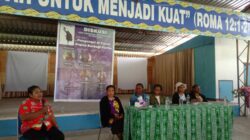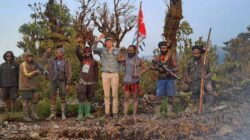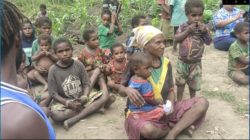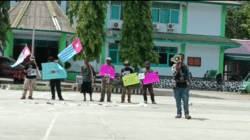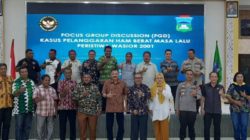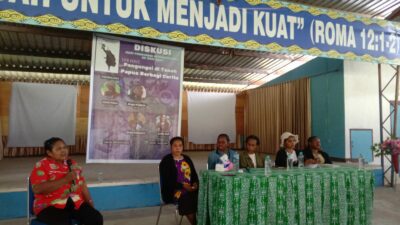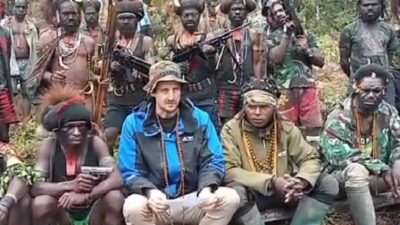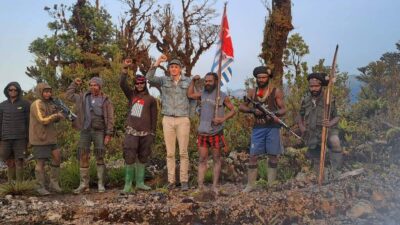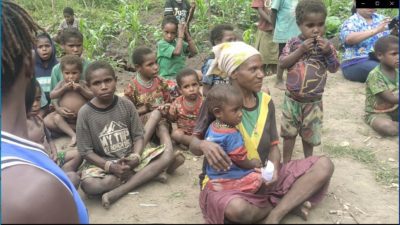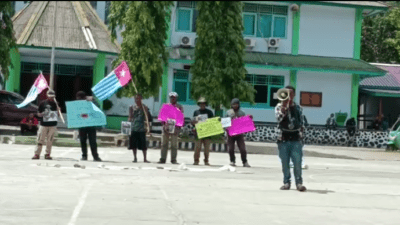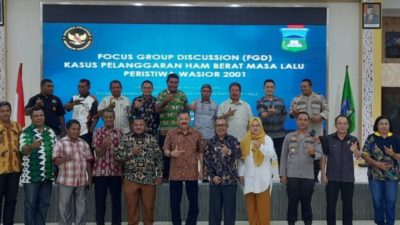
Jayapura, Jubi – The Head of Energy, Mineral and Natural Resources of Papua Province, Bangun Manurung said PT Freeport Indonesia had never fully paid surface water taxs since it started operations. The surface water is used by PT Freeport Indonesia to dispose of its tailing.
“Every year, PT. Freeport should pay about 360 billion rupiahs, but up to now it usually only paid about 1.5 billion rupiahs,” Manurung said as speaker in a book review by Markus Haluk at STT GKI Abepura on Saturday (7/2/2015).
He revealed this US-base company had obligation to pay the huge surface water taxes since the beginning. But it never happened. According to him, PT Freeport actually had a lot of commitment of work with the government but it often broke these commitments.
“Freeport often exploited the five years rotation in the government to violate the commitments that have been made. And the government didn’t notice it. But clearly it must pay 360 billion rupiah per year,” he said.
He further said talking with Freeport wasn’t easy because it needs a convinced data because it cheated a lot. What was happening now is it wants to be extended until 2014, while it was refusing to build a smelter in Papua.
“Therefore, the government is struggling to build its own smelter with other investor, not involving Freeport to learn more about the ingredients; whether it used only taking copper and gold or other ingredients,” he said.
Meanwhile, the Papuan human right activist Dominikus Sorabut said the government should offer the option of referendum to review the agreement and contract of work. And the government must unite to against PT Freeport.
“Everyone should open their eyes to safe Papuans. The Papua’s Parliament, Papuan People Assembly and the governor must commit to fight PT Freeport. Do not afraid because people are behind you,” he said.
In addition, Markus Halus said PT Freeport is one of ten actors who continue doing the systematic crimes in Papua and the fight had began since ten last years ago against it.
“No we did it another strategy: writing a book. It was a method we used to communicate to Freeport and the entire world about the crimes committed by Freeport,” he said.
The book is to politely reveal its crime to let everyone know about it. “Recently it looked just like an angel but for Papuans, it was a ghost,” he said. (Arnold Belau/rom)



